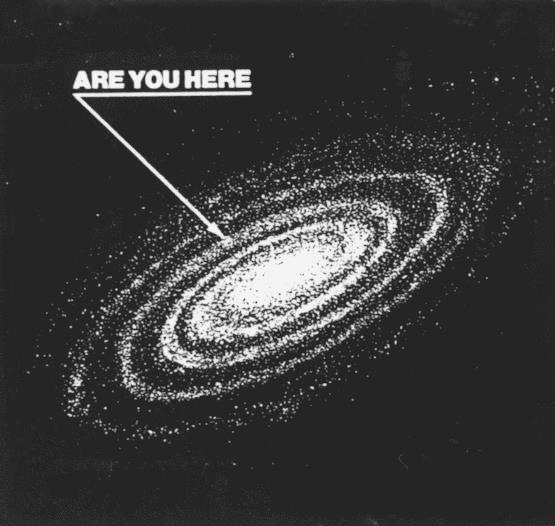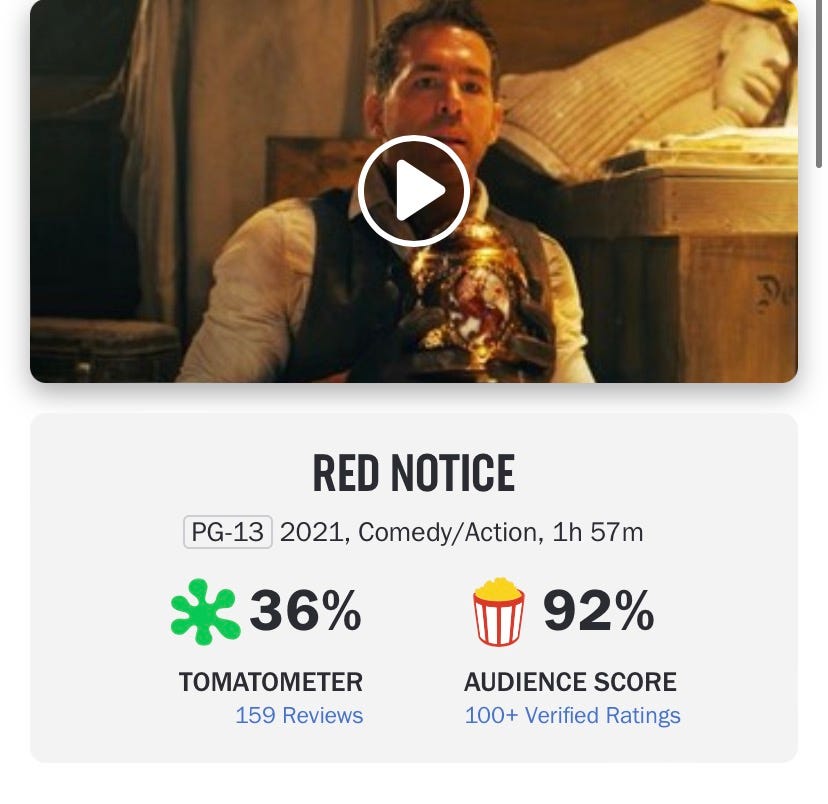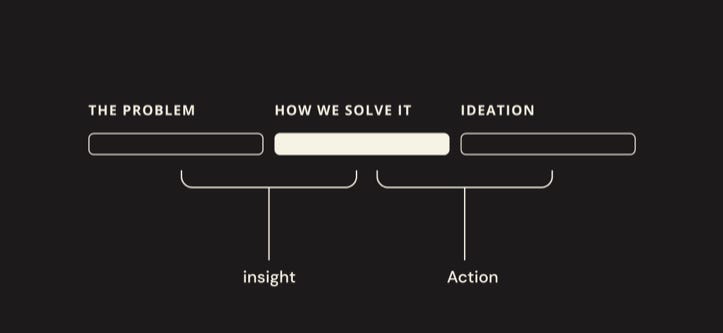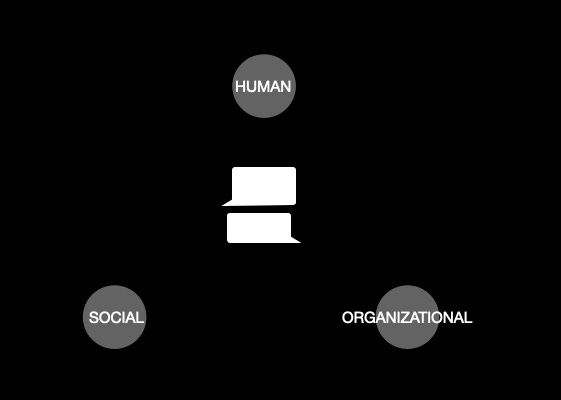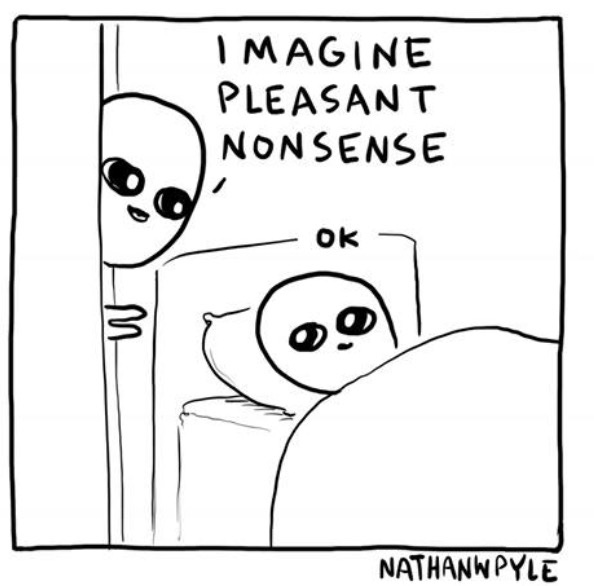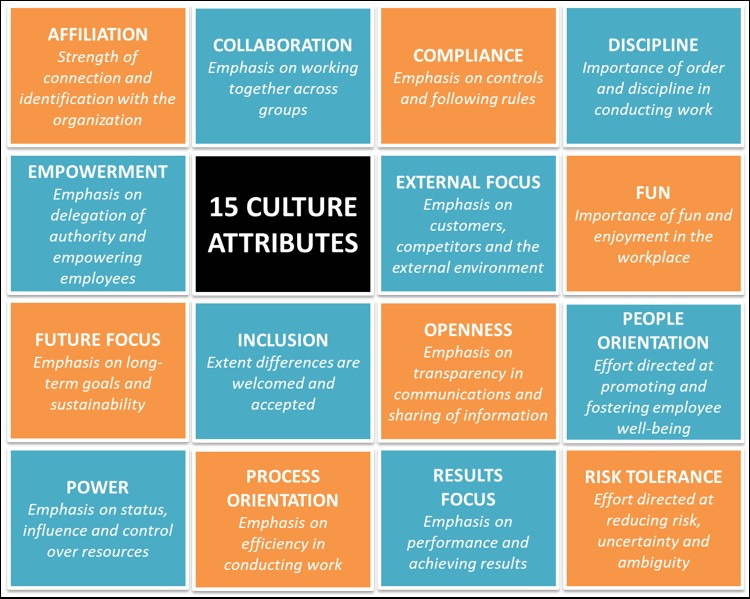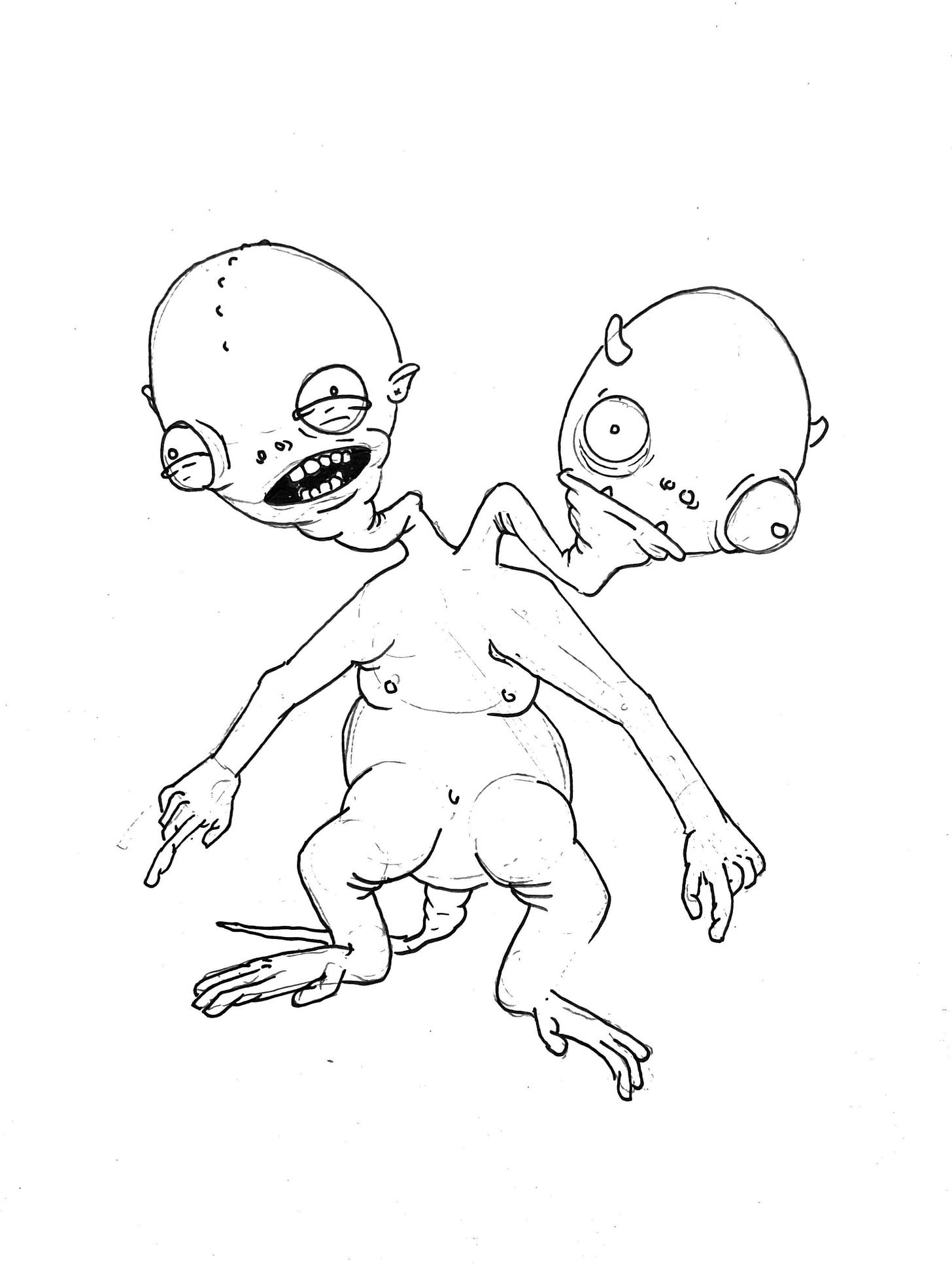STRAT_SCRAPS v56
New Year Who This?
Welcome to 2022. It’s like 2021, but in the future, instead of in the past.
///
An observation:
There seems to be a growing disparity between critic reviews and audience reviews. This disparity between experts and the public has been painfully obvious in recent times (as I talked about with Matt Klein here), but what about cases like this where the experts only exist to guide the public? What is the role of a critic other than a analog recommendation engine?
I think we need to start promoting the critics themselves. Embrace differences of opinion and let people have critics they follow like a curator. Aggregated critic scores should mean less than the score given by a critic that aligns with your taste.
///
///
A thought:
Did you grow up with music always on in the house? I did. My wife did not. It got me thinking, I wonder if there are deeper commonalities between houses that do or do not typically have music on. Income level? Urban/suburban? Maybe just age of parents? Not sure but it would be interesting to see.
What other environmental indicators might exist that tell us something more about the person/household?
///
LINKS
Hollywood’s New Four-Quadrant Movie Model
A timeline of the human condition
///
A great name for a familiar situation: Wicked Problems
“Our infrastructure is essentially developed. The easy problems have been solved. Designing systems today is difficult because there is no consensus on what the problems are, let alone how to resolve them.” The year is 1973 and the topic is public policy. In the landmark article ‘Dilemmas in a General Theory of Planning’[1], Horst Rittel and Melvin Webber observed that there are a set of problems that cannot be resolved with traditional analytical approaches. They labeled such problems ‘Wicked Problems’.
///
///
///
A little too heady to be used, but worth translating in your own way:
///
///
///
Two Very Important Books:
Good Strategy, Bad Strategy. (dropbox) (JP Castlin’s breakdown/critique is really good as well)
EAT YOUR GREENS. The must read by Wiemer Snijders (dropbox)
///
Logic is the key to scientific truths, but paradoxes are the key to psychological ones.
///
Four important ideas to keep in mind as a planner:
Table Selection: This idea comes from poker, where you’re advised to choose your opponents carefully. That means you shouldn’t compete against the best people. You don’t need to get good at doing difficult things if you get good at avoiding difficult things. If you want to win, pick an easy table and nail your execution.
Gall’s Law: A complex system that works is invariably found to have evolved from a simple system that worked. A complex system designed from scratch never works and cannot be patched up to make it work. You have to start over with a working simple system.
The Paradox of Specificity: Focus isn’t as constraining as it seems. In the age of the Internet, when everybody has Google search and personalized social media feeds, differentiation is free marketing. The more specific your goal, the more opportunities you’ll create for yourself. Narrowing your aperture can expand your horizons.
Creativity Begins at the Edge: Change starts away from the spotlight. Then, it moves towards the center. That’s why the most interesting ideas at a conference never come from the main stage. They come from the hallways and the bar after sunset
///
All three forces drive culture and society.
We don’t talk about organizational forces enough… e.g. Marvel being such a strong force in culture because its a low risk investment, not because there is necessarily “demand” for more (culture driven by entertainment industry adversity to risk), Seltzer blowing up because it is taxed at a lower rate than liquor or beer (culture driven by tax law).
(On the topic of marvel…. “Superheroes create cultural acceptance for popular oligarchy”)
///
///
An oldie but goodie I forgot about until very recently. a 1 sheeter on how advertising works.
///
Remember:
///
///
This should be the goal of all that we do:
///
Sometimes including something half baked is worse than including nothing at all
///
///
///
///
“If you do this, you’ll get a discount “ is less convincing than “do this or you’ll be charged more, but they are really the same thing
///
///
I don’t know the context behind this, but I love it:
///


